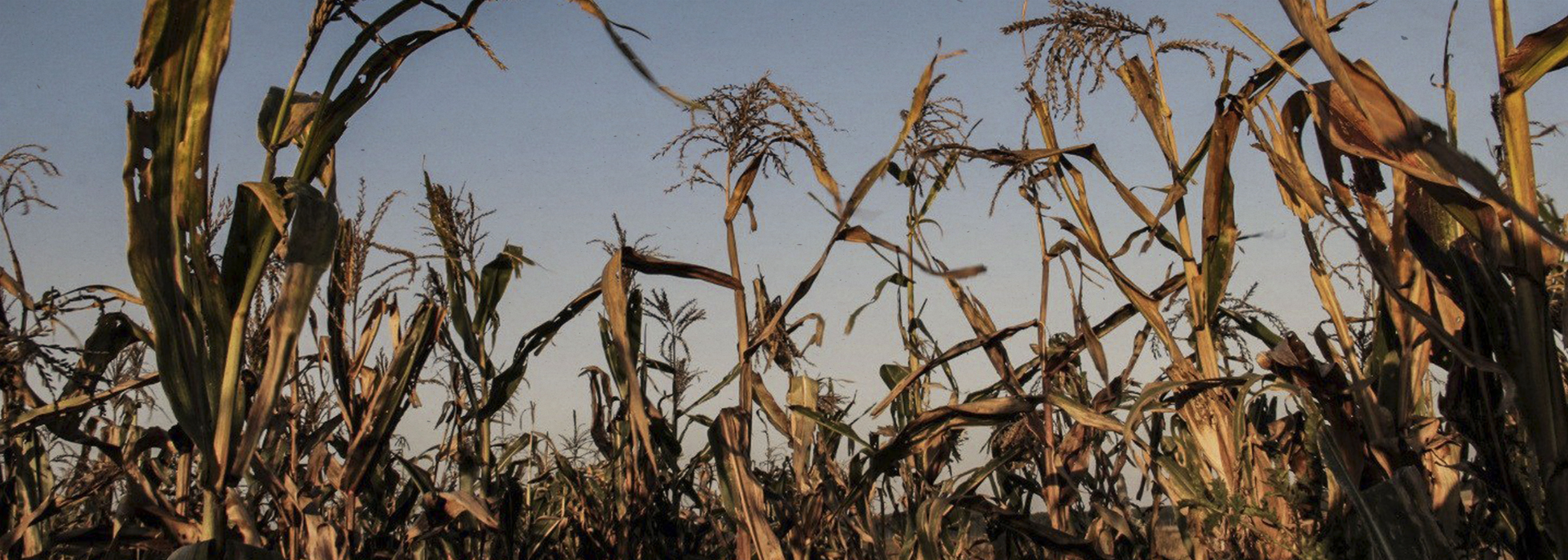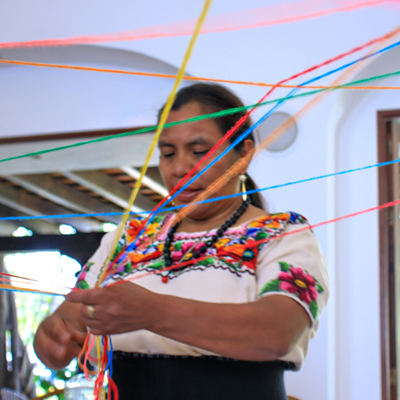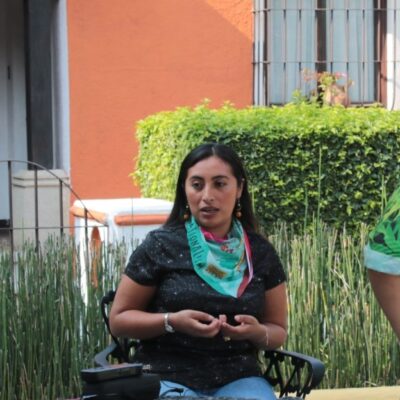Concern over potential authorization of GM wheat in Uruguay
Transgenic event HB4-PAT was already rejected in Brazil and Argentina despite pressure exerted by biotechnology companies

As the National Biosafety System and the National Seeds Institute (INASE) of Uruguay announced they will carry out a public consultation to authorize transgenic wheat event HB4-PAT for research and cultivation assays, environmental organizations such as REDES – Friends of the Earth Uruguay and the National Native Seed Network expressed in a statement issued on July 11 their rejection to the authorization of this event in the country.
The statement, also signed by the Agroecology Network, Slow Food, the Latin America Scientific Society of Agroecology (SOCLA) and the Network of Community Gardens, warns that its release “does not respond to the demands of any sector of our population” and would bring “questionable benefits to solve a problem that is not even relevant for wheat crops in the country, such as droughts”.
After over 20 years of GM crops being present in Uruguay, with 15 events authorized for commercial use which are cultivated on 10 percent of the total surface of the country (1.5 million hectares with soy and 100,000 hectares with maize tolerant to glyphosate and other herbicides and resistant to different insect pests), their consequences are widely known: soil erosion, pollution of water courses and negative effects on human health.
Wheat variety HB4-PAT was developed by Argentinian biotechnology corporation Bioceres, through Trigall Genetics, “a commercial alliance with French business group Florimond Desprez, which established itself in South America with the aim to develop and commercialize wheat varieties with the use of biotechnology”, reported Sudestada news outlet.
This is why environmental organizations are stating that “the only ones interested in GM wheat are those who have developed and who will obtain economic profits from the use of this technology”, not farmers.
To know more about the potentially first transgenic wheat event in Uruguay, its effects and consequences, Real World Radio interviewed biochemist Pablo Galeano, who is also a Professor and Researcher at the Biosciences Department of the Chemistry School of UDELAR and member of REDES.
Galeano warned about how the authorization of this wheat variety “would be the first event of transgenic wheat to be authorized in Uruguay, and practically the world, since no country is currently cultivating this variety; Argentina and Brazil have rejected it thanks to social mobilization. That´s why we think it is necessary to be alert about this possibility”.
“The genetic modification introduced in this wheat includes several copies of a gene resistant to β-lactam antibiotics (such as penicillin). There is no need to risk the possibility of this trait being transferred to other microorganisms”, he added.
The organizations also highlighted that: “The authorization of this GM wheat would contravene the spirit of the law unanimously voted by Parliament on December 11, 2018: the National Agroecology Plan. Our country cannot continue to give these mixed signals. We need to clearly define the production model we want to develop”.






